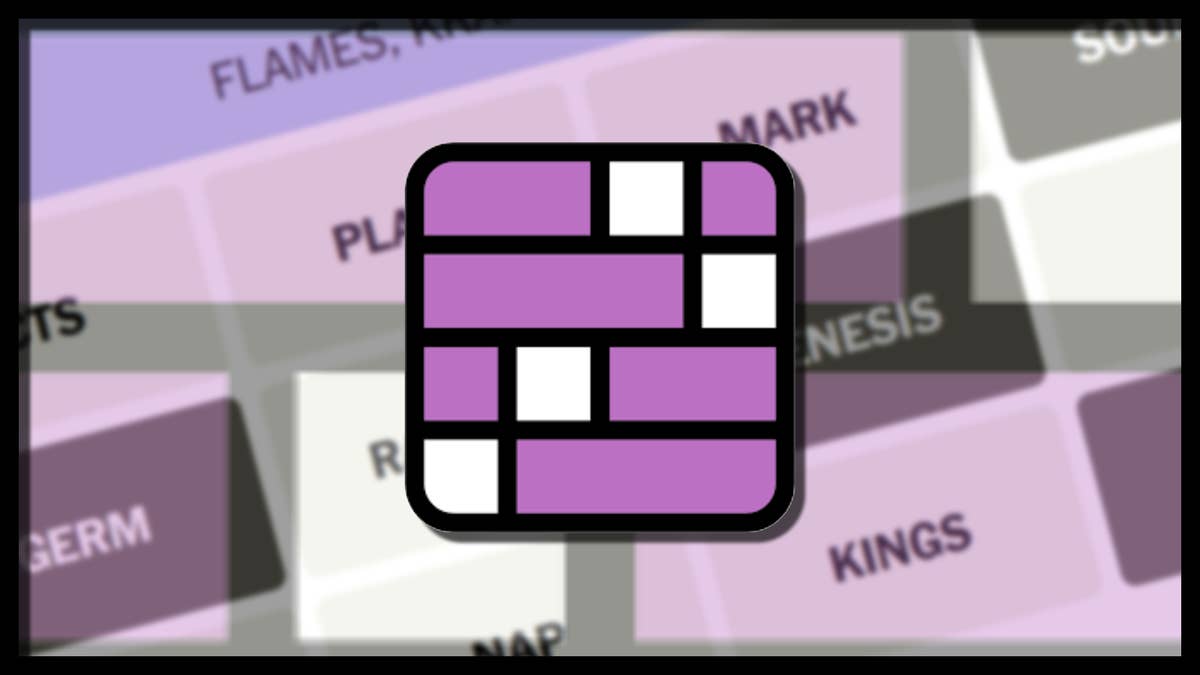Connections are the invisible threads that bind us to opportunities, resources, and meaningful interactions. From personal relationships to professional networks, the ability to establish and nurture connections plays a pivotal role in achieving success. With the growing influence of platforms like The New York Times Connections and daily puzzles that challenge cognitive skills, the concept of “connections” has expanded into mental exercises and problem-solving. This article dives deep into the essence of connections, offering insights, strategies, and hints to help you build, maintain, and leverage them effectively.
Why Connections Matter in the Modern World
Connections are the backbone of personal growth, professional achievements, and societal collaboration. In today’s hyper-connected era, the ability to create meaningful bonds—whether for business or recreation—determines how far you can go.
- Personal Growth: Connections introduce us to new perspectives, cultures, and ideas, enriching our understanding of the world.
- Professional Success: Networking can lead to job opportunities, mentorship, and collaborative ventures that wouldn’t be possible otherwise.
- Cognitive Benefits: Engaging in activities like The New York Times Connections puzzle strengthens mental agility, creativity, and problem-solving skills.
The Art of Building Connections
Creating a strong web of connections requires effort, authenticity, and strategic thinking. Here’s how you can excel at forming meaningful bonds:
- Start with Intentionality
Define your purpose for connecting. Are you seeking mentorship, collaboration, or a new social circle? Clarity helps in forming genuine, goal-oriented relationships. - Leverage Digital Platforms
Social media and professional platforms like LinkedIn, Meetup, and even Twitter are excellent for expanding your network. Use them to find communities that align with your interests. - Engage with Value
Offer something valuable to your connections, whether it’s knowledge, support, or resources. Reciprocity strengthens relationships and builds trust. - Practice Active Listening
Genuine listening fosters stronger connections. Show interest in the other person’s experiences and insights to create a lasting impression. - Stay Consistent
Connections grow over time. Regular communication, thoughtful gestures, and periodic check-ins are essential for maintaining bonds.
Exploring Cognitive Connections Through Daily Challenges
Puzzles like The New York Times Connections have introduced a new dimension to the term “connections.” These puzzles challenge players to group words, concepts, or items based on hidden relationships.
What Is NYT Connections?
NYT Connections is a word-association puzzle that requires players to identify four groups of four related items from a grid of 16. The challenge lies in discerning subtle connections among seemingly unrelated items.
Hints for Success in Connections Puzzles
- Look for Themes
Start by scanning the list for obvious categories. For example, colors, animals, or tools might form a group. - Identify Outliers
Pinpoint words that don’t fit easily into common themes. These can help narrow down potential categories. - Think Creatively
Connections are not always literal. Consider homonyms, cultural references, or metaphorical links. - Group and Regroup
Test different combinations. If one category doesn’t work, reassess the group and try alternative pairings. - Take Your Time
Connections puzzles require patience and focus. Rushing often leads to mistakes, so approach them with a calm mindset.
Using Connections to Solve Real-World Challenges
The concept of connections transcends games and puzzles; it’s also a critical skill for navigating real-world challenges. Here’s how:
- Problem-Solving
Connections help in identifying relationships between seemingly unrelated factors, which is crucial for creative problem-solving.
- Example: A marketer might connect consumer behavior trends with social media algorithms to create more effective campaigns.
- Decision-Making
Strong connections—both interpersonal and cognitive—provide the insights and support needed for informed decision-making.
- Example: A CEO with a well-established network can gather diverse perspectives before launching a new product.
- Collaboration and Innovation
Connections foster collaboration, which leads to innovation. By linking ideas, resources, and expertise, teams can achieve groundbreaking results.
- Example: Tech companies often collaborate with universities to connect academic research with real-world applications.

Tips for Strengthening Your Connections
- Expand Your Horizons
Join diverse communities to meet people from different industries, cultures, and backgrounds. This enriches your network and broadens your perspective. - Be Open-Minded
Some of the best connections come from unexpected encounters. Stay curious and willing to explore new ideas. - Invest in Relationships
Like any asset, connections require investment. Spend time and effort to nurture relationships and make them mutually beneficial. - Seek Feedback
Constructive feedback from trusted connections can accelerate personal and professional growth. - Celebrate Successes
Acknowledge and celebrate milestones, both yours and those of your connections. It fosters goodwill and strengthens bonds.
The Future of Connections
As technology continues to evolve, so does the way we form and maintain connections. AI, virtual reality, and other innovations will redefine networking, collaboration, and relationship-building. Staying adaptable and leveraging these advancements will ensure you remain connected in meaningful ways.
Conclusion
Connections are the lifeblood of progress, whether in personal relationships, professional networks, or cognitive challenges like The New York Times Connections. By mastering the art of building and maintaining connections, you unlock opportunities for growth, innovation, and success.
